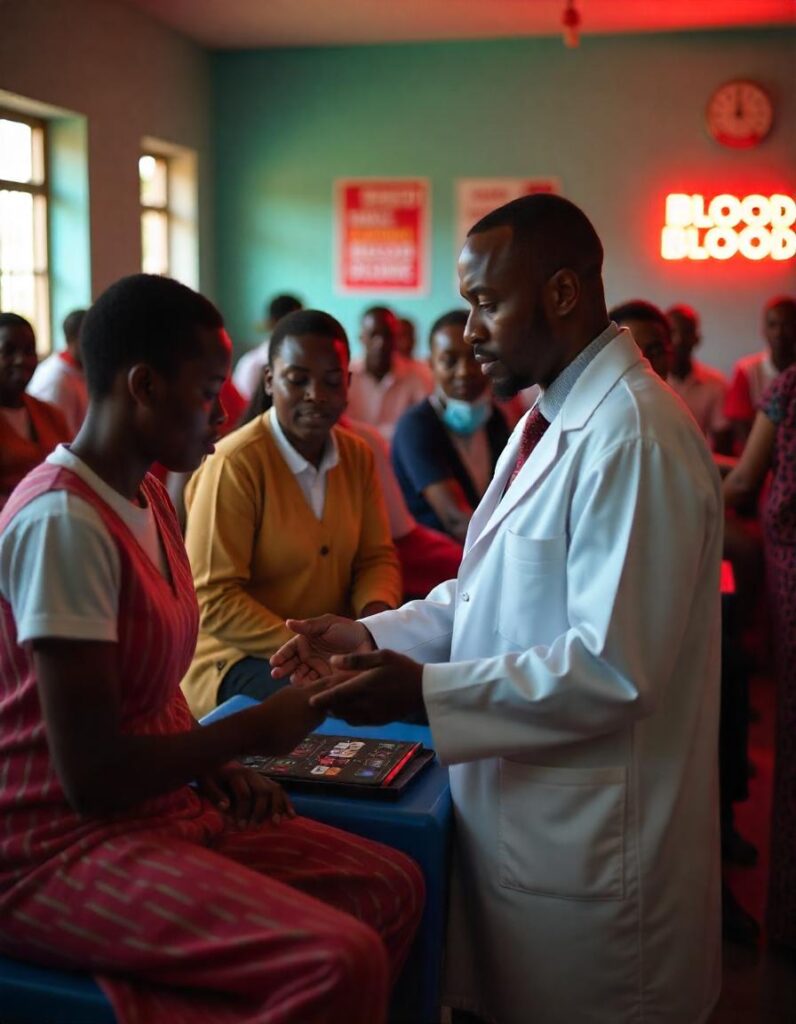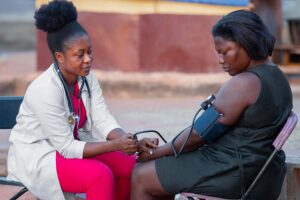Every second, someone needs blood to survive. A single donation can save up to three lives. Organizing a blood drive in Nigeria is one of the most impactful ways to support healthcare and save lives. This guide will show you how to plan a successful blood drive that leaves a lasting legacy.
Why Blood Donation is Critical in Nigeria
Nigeria faces frequent blood shortages due to accidents, surgeries, childbirth complications, and medical conditions like sickle cell anemia. A well-organized blood drive ensures hospitals and blood banks stay stocked with life-saving blood plasma and platelets.
Step-by-Step Guide to Organizing a Life-Changing Blood Drive
1. Partner with a Reputable Organization
Collaborate with recognized blood banks or organizations like Oneus in Nigeria. They provide expert support, trained personnel, and medical equipment to ensure a smooth and safe donation process.
2. Plan the Details in Advance
- Choose a Location: Select a venue accessible to donors, such as schools, churches, offices, or community centers.
- Schedule a Date and Time: Pick a day that maximizes participation, such as weekends or public holidays.
- Get Necessary Approvals: Secure permissions from local health authorities and venue management.
3. Educate and Motivate Potential Donors
- Use social media, flyers, and local radio to raise awareness about blood donation benefits.
- Highlight stories of lives saved by blood transfusions.
- Address common fears and myths about blood donation.
4. Ensure Donor Eligibility
Inform donors about the requirements:
- Must be between 18-65 years old and weigh at least 50kg.
- Should not have recent illnesses or infections.
- Must know their blood group, genotype, and rhesus factor.
- Should have eaten a healthy meal before donating.
5. Set Up a Safe and Efficient Blood Donation Process
- Registration Desk: Collect donor details and confirm eligibility.
- Medical Screening: Ensure donors meet health criteria.
- Donation Station: Provide comfortable seating for donors.
- Post-Donation Care: Offer refreshments and monitor donors for side effects.
6. Promote Plasma and Other Types of Donations
Aside from whole blood donation, encourage:
- Plasma donation: Helps patients with immune disorders.
- Platelet donation: Vital for cancer patients.
- Bone marrow donation: Supports those with blood diseases.
- Umbilical cord blood banking: A future lifeline for newborns.
7. Encourage Repeat Donations
Blood banks constantly need fresh supplies. Encourage donors to return by explaining the blood donation benefits, including improved heart health and better circulation.
8. Address Safety Concerns
Many fear blood donation due to misconceptions. Assure donors that:
- The blood donation process is quick, safe, and painless.
- All equipment used is sterile and single-use.
- The body replenishes lost blood within a few days.
The Risks of Not Donating Blood
Lack of blood donations leads to preventable deaths. Without enough donors:
- Hospitals face shortages during emergencies.
- Patients with chronic illnesses suffer from delays.
- Pregnant women experiencing complications risk death.
Oneus in Nigeria: Your Trusted Partner in Blood Donation
Oneus in Nigeria simplifies the donation process, ensuring efficiency and safety. Whether you need to organize a blood drive, find plasma donation centers, or learn about private cord blood banking, we provide reliable solutions.
Take Action Today!
Giving blood is one of the easiest ways to save a life. Book Your Donation Now! Contact us at info@oneusng.com, call +234 902 168 2822, or visit Oneus in Nigeria to make a difference today.




